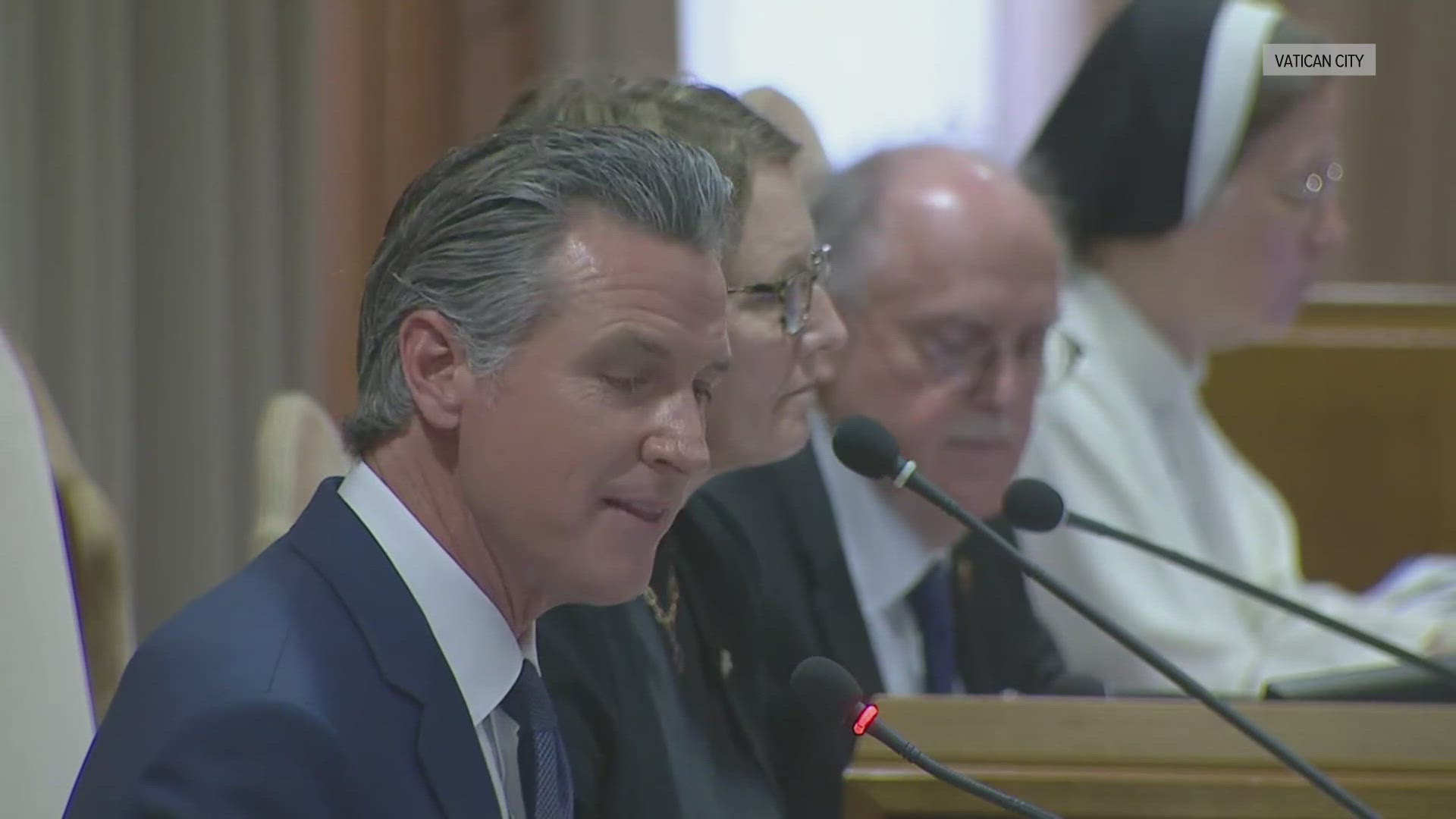In 2010, Californians voted down an initiative to legalize recreational marijuana. Yet that proposition's failure paved the way for pot use in other states.
“It came close (in 2010) and created a level of confidence,” said Jason Kinney, spokesman for Proposition 64, the latest ballot initiative to legalize recreational marijuana in California.
Now supporters in California say it is time to try for legalization again, with Prop. 64 crafted to correct mistakes that supporters said have been made by other states and put the Golden State's unique stamp on the endeavor. The proposition will appear in the ballot in November.
Prop. 64 would allow adults 21 and over to grow up to six plants and possess one ounce of marijuana without fear of prosecution by the state. Its authors say it is intended to help ease the hold Mexican drug cartels have on California markets, provide safer products for medical and recreational users and generate tax revenues for educational, environmental and law enforcement programs.
Under the proposition, smoking marijuana in public would still be illegal, as would smoking in the presence of children.
The initiative includes safeguards intended to prevent marketing pot to children in the form of regulations regarding packaging and appearance of edible products.
It requires “seed to sale” tracking of marijuana to insure purity and safety of products.
If the proposition is approved, most of the tax revenue from marijuana products would pay to provide education on the dangers of drug use (not just marijuana) and outreach to homeless children. Additional tax revenue also would go to the environment and law enforcement.
Prop. 64 is a radical departure from the 2010 effort, which had few if any safeguards in place, supporters say.
Richard Miadich, a lawyer at Olson Hagel and Fishburn and one of the initiative’s authors, says the main goal of Prop. 64 is to make recreational marijuana safe.
“Other states, I don’t think have gone to the lengths we have gone to,” Miadich said.
The authors of Prop. 64 went through an intensive process, holding public meetings and studying other states’ programs to learn from their mistakes. Colorado started its recreational marijuana initiative with a meager 10 pages of guidelines, immediately leading to confusion about who, how and where the products could be sold. Maidich says California has a 62-page document that is both comprehensive and flexible.
However, some opponents say the proposition is less about health and social justice and more about lining the pockets of investors who see this as “the next California Gold Rush.” The group “No On Prop 64” believes the proposition is deeply flawed and will bring about the massive growth of the industry its supporters deny.
"It isn’t a good idea to legalize then tweak the rules down the road, because once the genie is out of the bottle, it will be a lot more powerful," said Andrew Acosta, spokesman for No On Prop 64.
Investors who put profits ahead of public health are poised to swoop, should the proposition become law, Acosta said, adding that Proposition 64 didn’t even contain some of the safeguards in place concerning marketing of tobacco products.
Acosta also criticized the proposition’s language on not marketing products to children, saying it wasn’t specific enough.
“How do you make edibles unappealing to a kid? A brownie is a brownie; a cookie is a cookie,” Acosta said, joking: “Is it all going to look like broccoli?”
Questions on impaired driving due to marijuana are still unanswered as well, Acosta said.
“California doesn’t have a good standard on impaired driving,” he said.
Acosta said his group does not say recreational marijuana should never be legal – but now is not the time and this is not the initiative.
“What’s the rush?” he said.
Paul Armantano, deputy director of the National Organization for the Reform of Marijuana Laws or NORML, compared the issue of legalizing marijuana to regulation of alcohol sales and consumption.
When alcohol prohibition was repealed in 1933, the process of regulating sales and consumption didn't end that year, or even in 10 years.
“We’re still changing and tinkering with alcohol regulations,” he said, noting some of the different policies of recreational marijuana unique to each state.
“It’s a real world experiment,” Armantano said. "We’re seeing it in other states: this works, this doesn’t work. California’s language is clearly a result of this learning process.”
Employees at some Sacramento medical cannabis dispensaries said they didn’t think the initiative would substantially increase their business, but they thought the care put into crafting the California legislation would be beneficial for everyone.
Through its long medical marijuana history, California dispensaries have forged a good working relationship with legislators, said Kimberly Cargile, director of A Therapeutic Alternative.
It wasn’t always that way, she added. It took time and patience to create a productive dialogue, she said.
“I think it’s good we just passed state regulations for medical cannabis,” she said. “It helps pave the way for recreational to be regulated – the regulations are in place. I think it should be a pretty smooth transition.”
Cargile said that relationship should keep the lines of communication open between retailers and the legislature as issues arise and need to be addressed.
“We have a large group of wonderful small farmers who provide us with product,” she said.
Cargile, who is a medical marijuana patient, had an opportunity to partake in the products in those states. And although she was grateful for their availability without a medical marijuana card, “The one thing I noticed was we have much higher quality in California,” she said.
A Cato Institute report examining the results of Alaska, Colorado, Oregon and Washington’s legalizations concluded that legalization has had “minimal effects on marijuana use and related outcomes.” Neither the glowing predictions of supporters nor dire consequences warned of by detractors appears to have come to pass so far.


